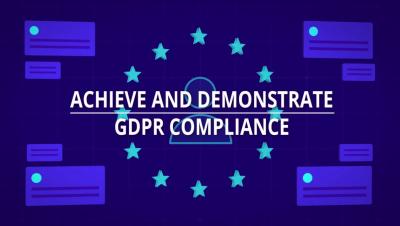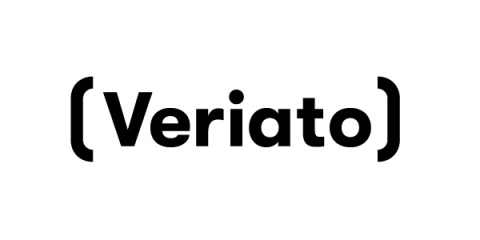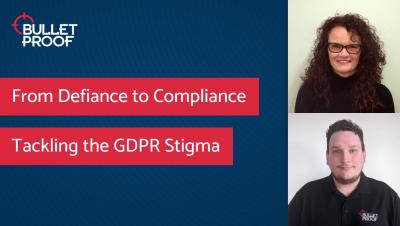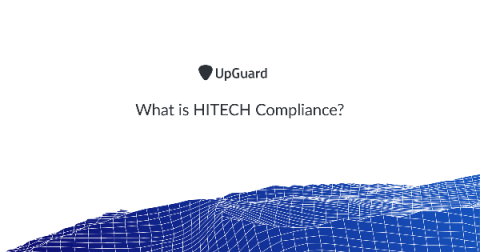HIPAA in the time of Covid-19
The global cases of Novel Coronavirus are continually ticking upward in most parts of the world, and with every new case come further questions about the patients. Hospitals, governments and even general population is interested to know who the affected people are, what their health history is, which locations they visited, and who they interacted with prior to receiving positive test results.










